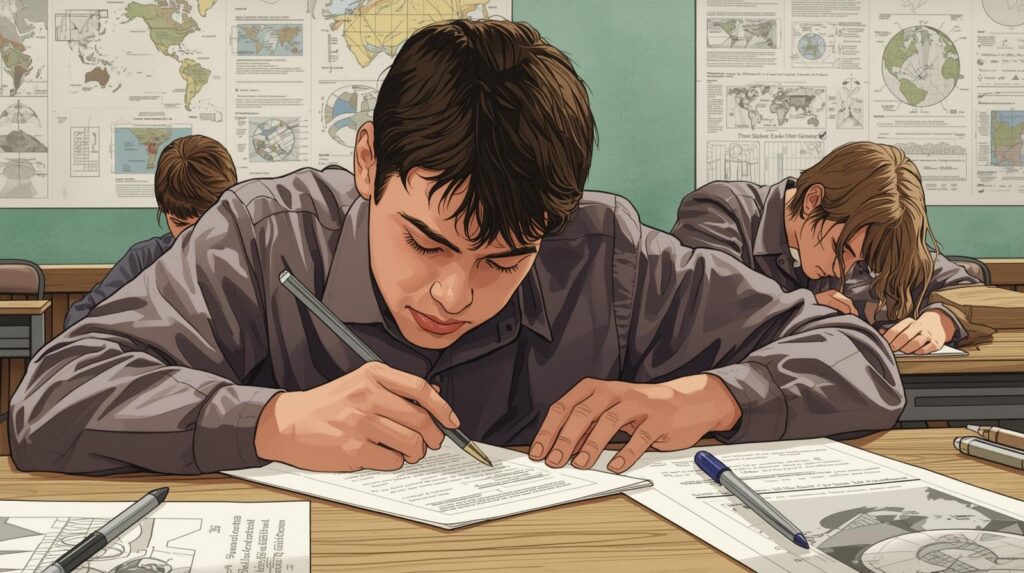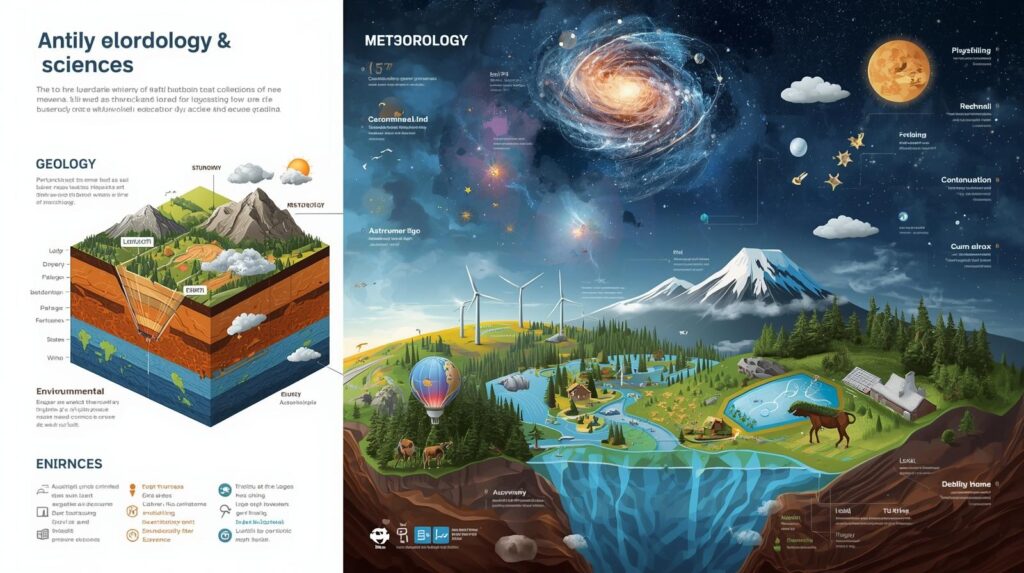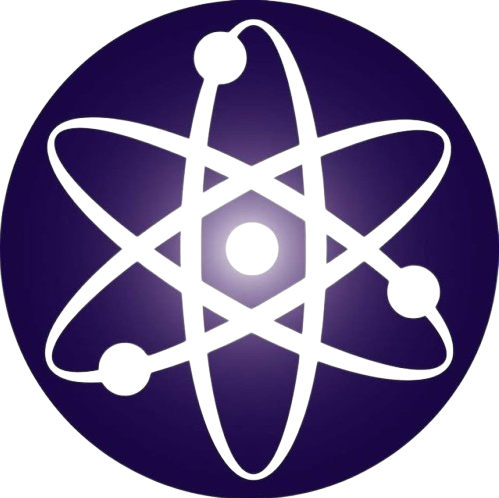Conquering the Earth Science Regents: Your Companion to Mastering the 2025 Test
Imagine this: you sit in a class, pencil in your hand, staring at a plate tectonics question. Your heart races, but you catch your breath and think—it’s alright, you’ve got this. The Earth Science Regents, a mainstay of New York’s high school testing program, need not be a daunting hurdle.
No matter if you’re a teenager getting ready to take the 2025 test or a parent helping your child navigate the process, this guide will make all the things you need to know about the NYS Earth Science Regents make sense in a style that’s like sitting down with a friend who just happens to have a great deal to say about rocks, weather, and stars.
What Is the Earth Science Regents, Anyway?
The New York Earth Science Regents is a state exam that typically high school students take to demonstrate their competence in space and earth science. It’s one of the New York State Regents Exams, a series of tests that have been around for decades used to ensure that students have a grasp of key concepts before graduation. The Earth Science Regents 2025 will explore topics like geology, meteorology, astronomy, and environmental science—basically anything that gets our planet and us in the universe moving.

Just think of it as this giant puzzle. Every question asks about a fragment of the history of the Earth, ranging from how mountains are formed to why hurricanes spin. The test itself has multiple-choice questions, short-answer responses, and even a hands-on lab performance exam. It’s not memorizing things; it’s knowing processes, such as how a river carves out a canyon over millions of years or why the moon phases shift night to night.
Why the Earth Science Regents Matters
If you’re a New York student, you’ll typically need to pass the NYS Earth Science Regents to graduate. But it’s more than filling a box on your diploma. The test teaches skills that you’ll use for the rest of your life. It makes you think deeply about the world—like why earthquakes happen in one place and not another or how climate change impacts ecosystems. And it’s a time to shine. Having a good mark on the New York Earth Science Regents can serve to boost your confidence and even grant access to higher-level science courses.
For the 2025 exam, a little more is riding on it since the world of science is rapidly changing. Climate change, venturing into outer space, and alternative energy are on everybody’s mind, and the Earth and Space Science Regents 2025 will likely reflect what’s happening in today’s world. As you prepare, you’re not merely memorizing for a test—you’re learning about the planet you live on and how to save it.
What to Expect in the Exam
Now to the nitty-gritty. The Earth Science Regents has two parts: a written test and a lab performance test. The written test contains about 50 multiple-choice and 35 constructed-response questions where you must write out answers or calculate answers. The lab part, which you take earlier in the year, tests practical skills like the ability to identify minerals or read weather maps.
The topics? They’re broad but manageable:
Geology: Think rocks, minerals, and plate tectonics. You’ll need to know how earthquakes happen or why volcanoes erupt.
Meteorology: Weather patterns, climate, and atmospheric processes. Ever wondered why it’s humid before a storm? This is where you’ll find out.
Astronomy: Stars, planets, and the universe. You’ll tackle questions about Earth’s orbit or the life cycle of a star.
Environmental Science: Human impacts on the Earth, like deforestation or global warming.
Earth Science Regents 2025 will be just as it has been in past years, but there can be some new changes to fit new standards or what is happening now. For example, you might get questions on recent climate data or recent discoveries in space. Most importantly, be flexible and curious.

How to Prepare Like a Pro
Now, about strategy. Preparing for the NYS Earth Science Regents 2025 isn’t a matter of locking yourself in a room with a book for weeks. It’s a matter of concentrated, productive effort. Here’s how to master your Earth Science Regents review like a winner:
Start with the Basics
Get the big ideas first. For example, read about the rock cycle—how igneous rocks form from lava, turn into sedimentary rocks when they are compressed, and transform once more into metamorphic rocks when they are heated. Use analogies to make it stick: think of rocks as cookie dough, constantly being reshaped and baked anew.
Practice, Practice, Practice
Earth Science Regents practice tests are your best friend. These are comparable to the real exam, getting you used to question styles and the stress of timing. Official practice tests are posted online on the New York State Education Department’s website or published in books such as Barron’s Regents Exams and Answers, Earth Science. Practice under a timer to build speed and assurance. If you answer a question on, say, cloud formation incorrectly, don’t merely move on—dig down into what you did wrong.
Employ Visuals and Hands-On Tools
Earth science is visual. Grab a diagram of the Earth’s layers or a star chart. Better yet, if you’re studying minerals, get your hands on a rock kit or visit a museum to see samples up close. For the lab portion, practice using tools like a topographic map or a weather station. It’s like learning to ride a bike—you can read about it, but actually doing it makes all the difference.
Stay Current
The Earth and Space Science Regents 2025 might include questions tied to recent discoveries, like a new exoplanet or a breakthrough in renewable energy. Skim science news or follow NASA’s social media for quick updates. It’s not about memorizing headlines but understanding how they connect to what you’re learning.
Study with Friends
Form a study group. Quiz one another on terms like “convection currents” or “Coriolis effect.” A great way to solidify your own grasp is to explain it to another person. And it’s more fun than learning on your own.
Pitfalls and how to avoid them
Even the best students can fall behind if they’re not focused. One of the most common pitfalls is focusing too intensely on memorizing vocabulary but never considering concepts. For example, understanding the definition of “fault” is great, but can you explain to me how it creates an earthquake? Another error is neglecting the lab portion. That hands-on experience is worth credit, so don’t forget to practice with maps or rock samples.
Time management is another doozy. The New York Earth Science Regents gives you three hours, and this sounds like a lot but has a tendency to vanish quickly. Practice pacing yourself so that you won’t get stuck on a tough question about, say, the water cycle and fritter away the rest of your time.
Resources to Give Your Prep an Extra Boost
You’re not alone. There are plenty of Earth Science Regents prep resources:
Review Books: Earth Science review major topics and include practice questions.
Online Tools: Sites like Regents Prep offer free study guides and practice exams.
YouTube Channels: Channels like Khan Academy or even single Earth Science Regents tutorial videos can break down tough topics in short videos.
Your Teacher: Don’t rule out the advantages of asking for more help or clarification in class.
The Big Day: Tips for Success
When the Earth Science Regents 2025 rolls around, stay calm. Get a good night’s sleep, eat a solid breakfast, and bring a few sharp pencils. Read each question carefully—sometimes the answer is hidden in the wording. If you’re stuck, skip and come back later. And trust yourself. You’ve put in the work, and it’ll show.
Why This Test Is More Than a Grade
The Earth Science Regents is not just taking a test. It’s reading about the world we inhabit. From the way mountains are created to galaxies waltzing in the sky, this exam connects you to the greater tale. So, as you prepare for the NYS Earth Science Regents 2025, remember that you’re not simply studying—you’re becoming a steward of Earth’s story.
Keep curious, stay focused, and you’ll walk out of that exam room ready to take on the universe.
